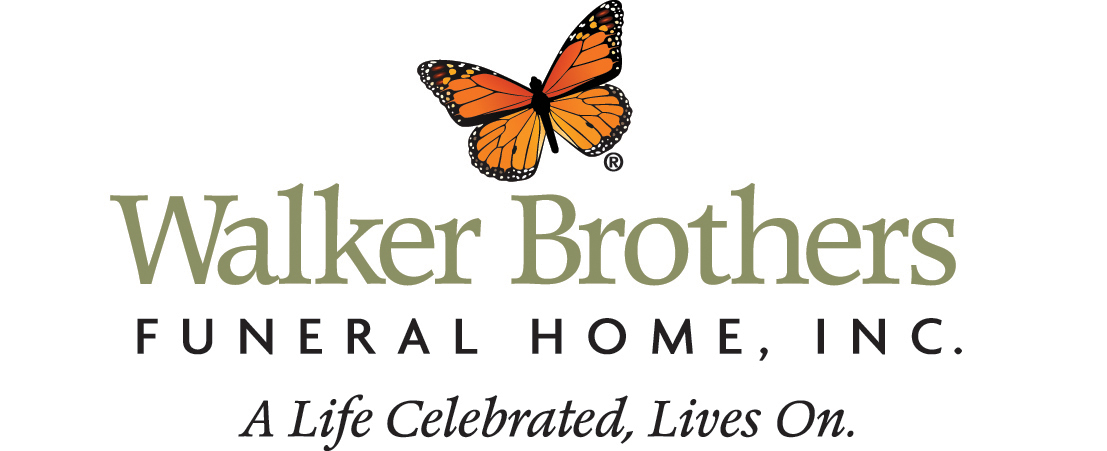(585) 352-1500

Grief that Transcends Words... Death of a Child
The loss of a child is an unimaginable, incomparable grief. It rarely follows the “rules” of grieving, tears apart families, and doesn’t end.
When a child dies, the future itself is lost. Everything that you’ve invested in your child and everything that you’ve hoped and dreamed for is gone. Your role as protector, teacher, nurturer, and parent is over. Losing a child means losing part of yourself. The simple act of watching life go on and seeing other children grow up becomes a constant reminder of what you have lost.
Couples, families, and even communities who have experienced the death of a child are never the same. Couples may end up separating, as their grief is so intense and so personal that it overwhelms their ability to support each other. Surviving siblings carry their own experience of grief, which may be compounded by survivor’s guilt and changes to the family structure. Grandparents suffer the loss of a precious grandchild, while also carrying the pain of seeing their own child’s profound grief.
The impact of a child’s death is felt throughout the community. Schools, faith communities, neighborhoods, and organizations are all changed by the loss of a child. Shock and disbelief often follow unexpected deaths. Children are not supposed to die, and the news, even of death after an illness, is crushing, visceral, and devastating. It sends us searching for reasons and grasping for answers. Systems that support healthy grieving and the processing of grief together can strengthen communities, while fear, blame, and isolation can magnify problems for both the community and the family who have experienced the loss.
There are no words that can make the death of a child better. It is hard to imagine recovering or continuing in the face of this much pain. Yet, there are tools that can help parents, families, and communities survive.
Support Networks
After the death of a child, finding a support network is essential. Family and friends have an important role, as they can provide comfort and familiarity. Faith communities, civic or school groups can also provide resources to help families and communities heal after the loss of a child. Formal bereavement support groups can be found in the community or online, and provide a place where the bereaved have permission to grieve without guilt and without expectation. Support groups are typically made up of people you do not know who have experienced a similar loss, and can provide a place to listen to how others are coping, how they get through each day, and how grief changes over time.
Individual, couple, and family therapists are trained to help people cope with the multifaceted impact of the death of a child. Therapists may be more aware of the physical manifestations of grief and the effect that grief can have on daily functioning. Professional support may be needed when there are complicating factors such as suicide, drug or alcohol abuse, disconnection from reality, or a history of loss or mental health challenges.
Talking about the Child
Parents who have lost a child think about him or her constantly. People love to talk about their children, and many bereaved parents want to continue to share about theirs. Don’t be afraid to mention the deceased child’s name, or to share memories- most parents will welcome the opportunity. Talking about children who have died becomes a way to keep their memory alive, to honor the mark they left on this world, and to witness their impact. Listen patiently and hold a space for parents who want to share their memories.
Advice and Platitudes
No one knows what to say when a child dies, so we often share cliches or try to say something positive. “It was God’s will,” “You still have your other child,” or “You should…” These statements are not helpful. It is better to be honest: “I don’t know what to say, but I want you to know that I love you.” More helpful than your words are your presence, your ability to listen, and your willingness to be there for the long haul.
Accepting Grief
Grief is part of the human experience. It is how we process pain and loss. Grief is not neat, not done in stages, and not something to avoid. Grief is physical, individual, and necessary.
Surviving the death of a child takes courage, dedication, and grit. It takes a commitment to life, amidst all of the pain and sorrow. You will be changed beyond recognition. But survival will happen.
Resources
Grief Support Group – offered at Bartolomeo & Perotto Funeral Home
The Art of Healing Grief Support Group_SEPT
Dreams From Drake – Local grief support for children who have lost a sibling
with resources for family



Comments